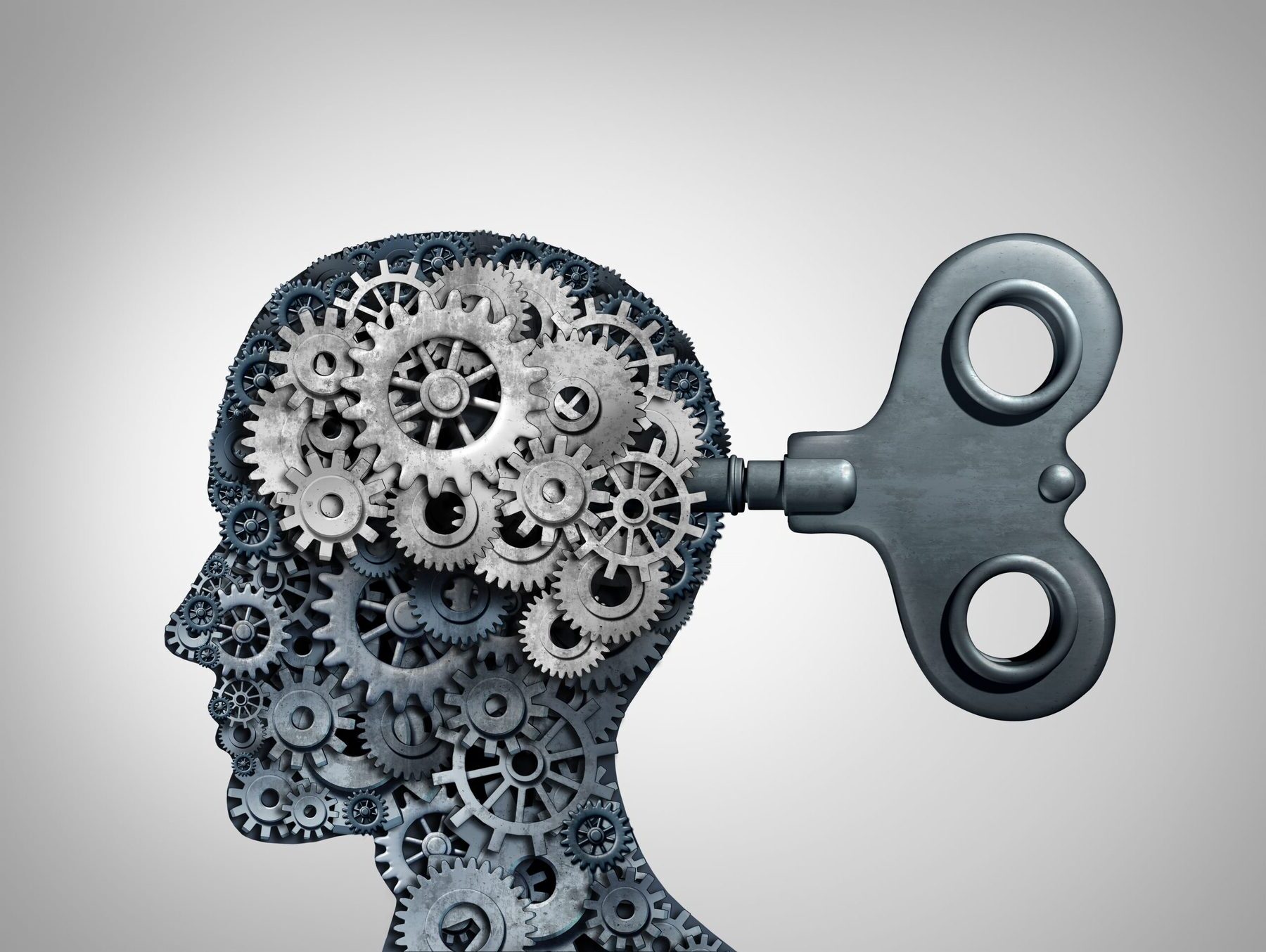
Knowledge is power, but how much do you really know about it? From ancient libraries to modern digital archives, the pursuit of knowledge has always been a cornerstone of human progress. Did you know that the Library of Alexandria was one of the largest and most significant libraries of the ancient world? Or that Wikipedia, launched in 2001, now hosts over 6 million articles in English alone? These facts highlight the incredible journey of knowledge sharing throughout history. Whether you're a trivia buff or just curious, this list of 50 facts about knowledge will enlighten and entertain. Ready to expand your mind? Let's dive into the fascinating world of facts!
The Power of Knowledge
Knowledge shapes our world. It influences decisions, sparks innovation, and drives progress. Here are some fascinating facts about knowledge that highlight its importance and impact.
- The word "knowledge" comes from the Old English word "cnāwan," meaning to know or recognize.
- Ancient libraries, like the Library of Alexandria, were considered treasure troves of knowledge.
- The human brain can store around 2.5 petabytes of information, equivalent to 3 million hours of TV shows.
- Socrates, a classical Greek philosopher, believed that true knowledge comes from knowing oneself.
- The printing press, invented by Johannes Gutenberg in the 15th century, revolutionized the spread of knowledge.
- Wikipedia, a free online encyclopedia, has over 6 million articles in English alone.
- The concept of zero was first developed by ancient mathematicians in India.
- The Renaissance period was marked by a significant revival of art, culture, and knowledge.
- The internet has made knowledge more accessible than ever before, with over 1.7 billion websites available.
- The Nobel Prize, established by Alfred Nobel, honors individuals who have made significant contributions to knowledge in various fields.
Knowledge in Science and Technology
Science and technology have always been at the forefront of expanding human knowledge. Here are some intriguing facts about their contributions.
- The theory of relativity, proposed by Albert Einstein, transformed our understanding of space and time.
- The first computer, ENIAC, was built in 1945 and weighed over 27 tons.
- DNA, the blueprint of life, was discovered by James Watson and Francis Crick in 1953.
- The Hubble Space Telescope has provided invaluable knowledge about the universe since its launch in 1990.
- The Human Genome Project, completed in 2003, mapped all the genes in the human genome.
- Artificial Intelligence (AI) is rapidly advancing, with AI systems now capable of learning and adapting.
- The Large Hadron Collider (LHC) is the world's largest and most powerful particle accelerator.
- Quantum computing promises to revolutionize technology by solving complex problems much faster than classical computers.
- The discovery of penicillin by Alexander Fleming in 1928 revolutionized medicine.
- The internet of things (IoT) connects everyday devices to the internet, creating a vast network of knowledge.
Knowledge in History and Culture
History and culture provide a rich tapestry of knowledge that shapes our understanding of the world. Here are some captivating facts.
- The Rosetta Stone, discovered in 1799, was key to deciphering Egyptian hieroglyphs.
- The Great Wall of China, built over centuries, is a testament to ancient engineering knowledge.
- The Renaissance period saw the rebirth of classical knowledge and the rise of humanism.
- The Dead Sea Scrolls, discovered in the 1940s, contain some of the oldest known biblical texts.
- The Mayan civilization had advanced knowledge of astronomy and mathematics.
- The Enlightenment era emphasized reason, science, and knowledge as the paths to progress.
- The Silk Road facilitated the exchange of knowledge, culture, and goods between East and West.
- The invention of the compass revolutionized navigation and exploration.
- The Industrial Revolution marked a period of rapid technological and knowledge advancements.
- The discovery of the New World by Christopher Columbus in 1492 expanded global knowledge.
Knowledge in Education and Learning
Education is the cornerstone of knowledge acquisition. Here are some interesting facts about education and learning.
- The first university in the world, the University of al-Qarawiyyin, was founded in Morocco in 859 AD.
- The Montessori method of education emphasizes hands-on, child-centered learning.
- Finland is known for its high-quality education system, which focuses on student well-being and creativity.
- The concept of the modern school system was developed by Horace Mann in the 19th century.
- Online learning platforms like Coursera and Khan Academy have made education more accessible.
- The Socratic method, developed by Socrates, involves asking questions to stimulate critical thinking.
- The first public school in the United States, Boston Latin School, was founded in 1635.
- The PISA test measures the knowledge and skills of 15-year-old students worldwide.
- The concept of lifelong learning emphasizes the continuous pursuit of knowledge throughout one's life.
- The use of technology in education, such as tablets and interactive whiteboards, has transformed the learning experience.
Knowledge in Literature and Arts
Literature and arts are rich sources of knowledge and creativity. Here are some fascinating facts about their contributions.
- The Epic of Gilgamesh, written around 2100 BC, is one of the oldest known works of literature.
- William Shakespeare, often called the Bard, contributed significantly to English literature and language.
- The Mona Lisa, painted by Leonardo da Vinci, is one of the most famous works of art in history.
- The invention of the printing press allowed for the mass production of books, spreading knowledge widely.
- The Library of Congress in Washington, D.C., is the largest library in the world, with over 170 million items.
- The Harlem Renaissance was a cultural movement that celebrated African American knowledge and creativity.
- The Nobel Prize in Literature honors authors who have produced outstanding literary work.
- The Beat Generation, a literary movement in the 1950s, challenged traditional norms and values.
- The Bauhaus movement combined art, design, and technology to create functional and aesthetic objects.
- The digital age has transformed literature and arts, with e-books, digital art, and online platforms providing new ways to share and access knowledge.
The Final Word on Knowledge
Knowledge is power, and these 50 facts prove just how fascinating our world is. From the depths of the oceans to the far reaches of space, there's always something new to learn. Whether it's understanding the mysteries of ancient civilizations or the latest scientific breakthroughs, staying curious keeps our minds sharp and our lives enriched.
Remember, every fact you learn adds a piece to the puzzle of understanding our universe. So keep exploring, questioning, and discovering. The more you know, the more you realize how much there is to uncover. Stay hungry for knowledge, and you'll never run out of amazing things to find.
Thanks for joining us on this journey through 50 incredible facts. Keep your curiosity alive, and who knows what you'll learn next?
Was this page helpful?
Our commitment to delivering trustworthy and engaging content is at the heart of what we do. Each fact on our site is contributed by real users like you, bringing a wealth of diverse insights and information. To ensure the highest standards of accuracy and reliability, our dedicated editors meticulously review each submission. This process guarantees that the facts we share are not only fascinating but also credible. Trust in our commitment to quality and authenticity as you explore and learn with us.


